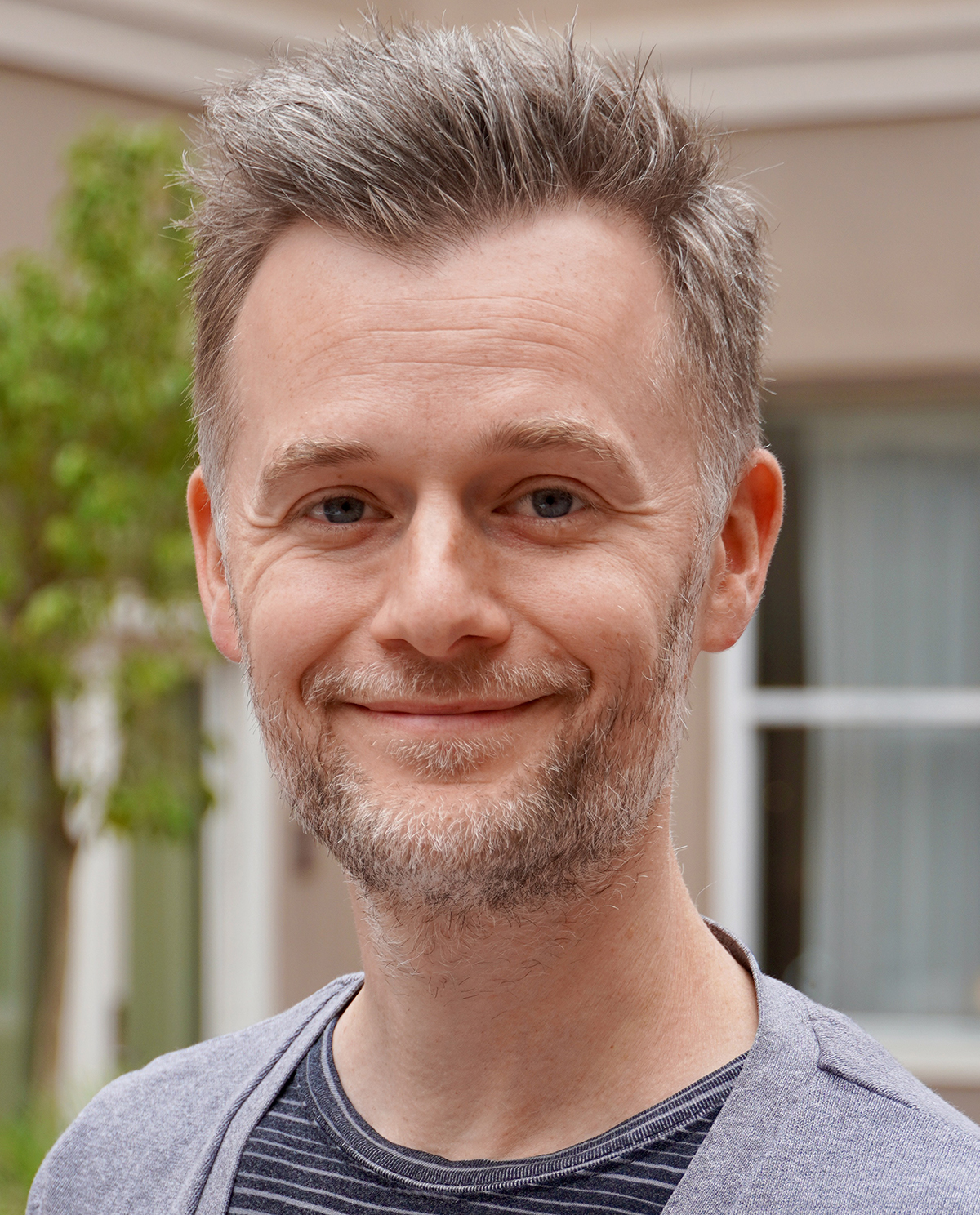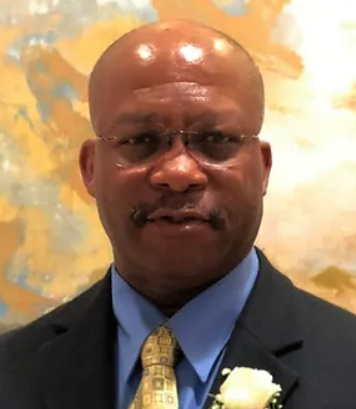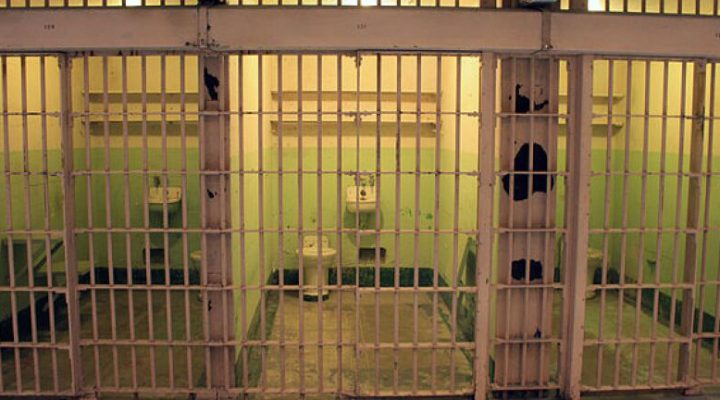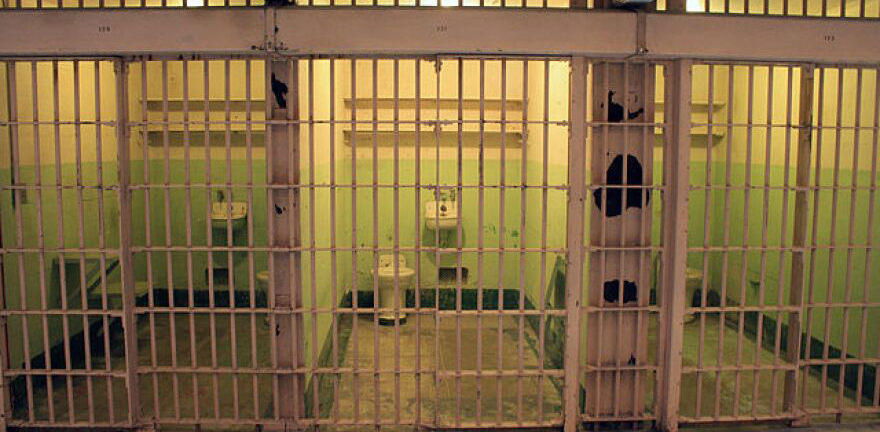When the state of Florida could muster no evidence to convict Ron Wright in a double homicide case, it succeeded by spinning an elaborate narrative about him in court, the 2017 death row exoneree said.
“Mine was a ‘wholly circumstantial’ case, so what the prosecution is going to do is akin to the way writers, producers and directors put a TV show together,” Wright said during a March 22 webinar hosted by Equal Justice USA. “They come together to tell you a story, and it was their story that convicted me. What they did was a masterful job of assassinating my character and insulting my integrity. You have to become the bad guy, the villain, the antichrist in that jury’s minds so that they will vote guilty.”
That guilty verdict on first-degree murder came in 2013 for Wright, leading to more than three years on Death Row before the Florida Supreme Court overturned the conviction based on insufficient evidence and official misconduct. The experience made Wright the 27th of 30 Florida Death Row exonerees and inspired him to become an ardent death penalty abolitionist.

Sam Heath
“My biggest goal right now is sharing my story and trying to enlighten people about the truth behind capital punishment,” Wright said during the online “In the Movement” session moderated by Sam Heath, manager of the EJUSA Evangelical Network.
That truth includes the incredibly slow process of condemning people to death and how emotionally driven and unjust those convictions often are, he said.
Wright said he finds most people he encounters when speaking, even those with strong opinions for or against executions, know very little about capital punishment: “Unless the death penalty has crossed your path directly or indirectly but closely, it’s really not something a lot of people are concerned about. And me, personally, I used to be one of them.”
“Unless the death penalty has crossed your path directly or indirectly but closely, it’s really not something a lot of people are concerned about.”
But that changed for the Air Force veteran and former deputy sheriff in 2007 when detectives in Pinellas County questioned him in the murder of an ex-girlfriend and her toddler son earlier that year. “They actually interviewed me three times. I was not arrested for this crime until over a year later,” he said.
Wright then remained in jail as prosecutors developed, then tried, a case against him.
“With charges like that — it was two counts of capital homicide — there is no bond for that. So, I sat there for essentially four years until the trial began in January 2013 and concluded in February 2013.”
 It took more than a year from the conviction to undergo the penalty phase of the trial that resulted in a sentence of death, he said.
It took more than a year from the conviction to undergo the penalty phase of the trial that resulted in a sentence of death, he said.
The delays were not only about the pace of trials and related hearings, he added. “It’s like a three-way juggling act between the court’s docket, the defense schedule and the prosecutor schedule because all of those guys have different cases to deal with and you’re not their only one.”
But after hearing oral arguments on automatic appeal in April 2017, Florida’s Supreme Court justices ruled the trial evidence against Wright — which included no DNA, fingerprint or other physical proof — was insufficient and overturned his conviction. He was released the following month.
Wright said he was unable to attend the appellate hearings and only learned of his impending release hours before it happened.
“This is one of those things where you’re on the outside looking in, so to speak. Everybody outside — including your family, your attorneys and your investigators — are doing all this stuff while you’re behind these walls and bars. You don’t see or hear anything until somebody comes to tell you.”
The years spent in his 6-by-9-foot Death Row cell provided ample opportunities to reflect on the flaws inherent in the death penalty process.
The years spent in his 6-by-9-foot Death Row cell provided ample opportunities to reflect on the flaws inherent in the death penalty process. Wright said he often reflected on a moment during his trial when prosecutors objected to a particular lab his legal team wanted to use to analyze DNA samples.
“I remember the prosecutor telling the judge, ‘Your honor, I don’t know why the defense wants to retest all of this stuff that has already excluded the defendant.’ Now, I’m not a lawyer, but I’ve been a cop long enough to know what that means and to understand it. And I turned my head, looked at my attorney and said, ‘Excluded the defendant?’ What am I doing here?”
Wright said he often worries about the more than 330 inmates he left behind on Florida’s Death Row. “I felt really fortunate, really blessed that my case was heard and the Supreme Court ruled correctly. But how can it not beg the question, how many more of those guys really are innocent too?”
And that’s the message Wright said he is trying spread in his advocacy through organizations like Witness to Innocence and Floridians for Alternatives to the Death Penalty.
“We’re trying to let people know, hey, this is what they did to me. They did me wrong. They didn’t compensate me at all. We’re trying to let people know. Here’s the real truth behind capital punishment.”
Wright said one of his goals is getting through to people with strong ideological reasons for supporting the death penalty and educating them about how unjustly it is administered.
“Our biggest hurdle right now is awareness. The second biggest problem is the misconceptions about capital punishment that I think comes from the ‘bandwagon effect’ — either someone’s religious position on it, or someone’s political position on it. Ultimately, if people knew the full truth behind capital punishment before, during and after, they would advocate for abolishing the death penalty.
“It’s just something that is not serving us.”
Related articles:
Her ‘Damascus Road’ led to campaign against the death penalty
Coalitions in Florida and Texas seek to halt executions of mentally ill inmates
How I came to oppose the death penalty | Opinion by Stephen Reeves
Panel of faith leaders will raise awareness of death penalty injustice


